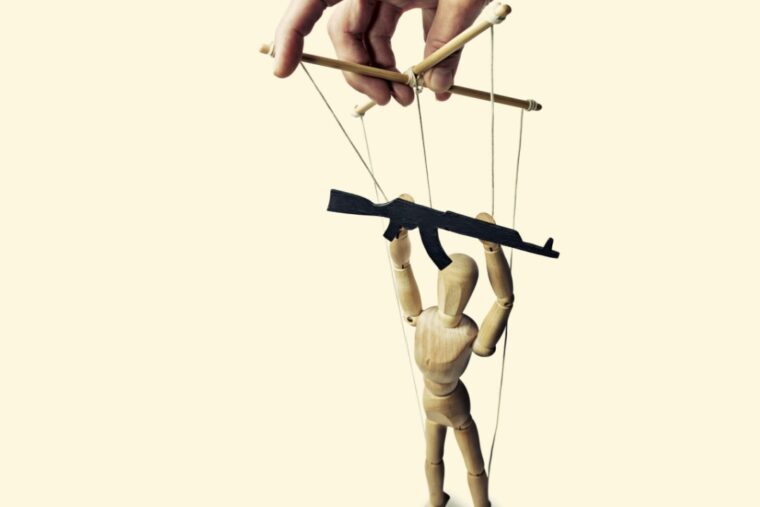The Second Amendment is arguably the greatest defense against tyranny: the constitutional right through which, ultimately, we vindicate all of our other rights and ensure they do not just exist on paper.
As the namesake of this web site has suggested, it is indeed true that the essential first step to winning a war is to acknowledge that we are in it. This creates a deep problem for the right, because—with some honorable exceptions such as many of my colleagues at Claremont—most people on the right, from the think tank world to (especially) our elected representatives, are clueless about the struggle we are in. They prefer to think of themselves as participants in an actual two party system of governance, rather than an elaborate kayfabe in which the GOP plays the Washington Generals to the Democrats’ Harlem Globetrotters.
The use of force provides perhaps the closest thing we get to a glimpse behind the mask. If war is in fact, as Clausewitz said, the continuation of politics with other means, then the question of force is perhaps the fundamental political question in any society—especially a society in crisis. It is here that the sunny euphemisms of the left’s bureaucratic quasi-tyranny must give way to the visible exercise of raw power. This is where the emerging regime flexes its strength; but this revelation is also a weakness, because power prefers to remain unseen and in the shadows.
The current form of encroaching tyranny has several different elements. As Glenn Ellmers and Ted Richards document in the article which started our discussion, the federal government every day tightens its monopoly on the legitimate use of force. Consider: Between 2006 and 2016, federal government agencies excluding the Department of Defense spent almost $4 billion on military equipment of various types. Over the last decade, that number has doubtless risen further. The killer takeaway: There are now more federal agents with arrest authority and firearms than there are U.S. Marines. As our ability to successfully project power outward declines, the regime increasingly projects power inwards, against our own citizenry.
By Jeremy Carl



